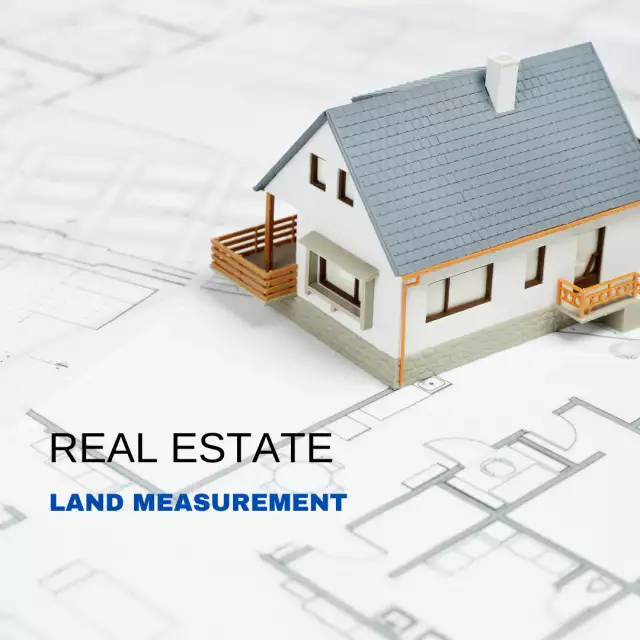Why Refinance? An exploration of the reasons behind homeowners switching their home loans
Why Refinance? An exploration of the reasons behind homeowners switching their home loans
There are several reasons why some homeowners choose not to refinance their home loans.
- High Closing Costs: Refinancing a home loan can be expensive. Homeowners may need to pay closing costs, such as appraisal fees, title search fees, and other miscellaneous expenses. These costs can be significant and may outweigh the benefits of refinancing.
- Lack of Equity: In order to refinance a home loan, homeowners typically need to have a certain amount of equity in their home. If homeowners do not have enough equity, they may not be able to qualify for a refinance.
- Credit Score: Homeowners with a lower credit score may not qualify for the best refinance rates. In this case, homeowners may decide not to refinance.
- Short-term Ownership: Refinancing a home loan may not be worth it if the homeowners plan on selling the property in the near future.
- No significant savings: Some homeowners may not see significant savings by refinancing their home loan, so they may decide not to go through the process.
- Current Mortgage terms: Some homeowners may have a current mortgage with a low interest rate and good terms, therefore, they may not see the need to refinance.
Why should homeowners plan to refinance their home loans?
Homeowners may choose to refinance their home loans for several reasons, including:
- Lowering Interest Rates: One of the main reasons homeowners refinance is to lower their interest rate. A lower interest rate can mean significant savings on their monthly mortgage payments.
- Shortening the loan term: Refinancing can also give homeowners the opportunity to shorten the loan term, which can help them pay off their mortgage faster and save money on interest in the long run.
- Convert to a fixed rate loan: Some homeowners may have an adjustable rate mortgage (ARM) and want to convert it to a fixed rate loan to protect themselves from future interest rate hikes.
- Consolidating debt: Homeowners can also use a cash-out refinance to consolidate high-interest debt into their mortgage and pay it off with lower interest rate.
- Improving cash flow: Refinancing can also help homeowners improve their cash flow by reducing their monthly mortgage payments.
- Tax deductions: mortgage interest is tax-deductible, refinancing can help homeowners to maximize the tax benefits of homeownership.
Building equity faster: by refinancing with a shorter loan term, homeowners can build equity in their home faster.
It's important to note that refinancing can be a complex process and it's important to consider the costs and benefits of refinancing before making a decision. It's also advisable to consult with a professional loan officer or a financial advisor to get the most accurate and up-to-date information.
In conclusion, refinancing a home loan can be beneficial, but it may not be the best option for every homeowner. Homeowners should carefully consider the costs and benefits of refinancing before making a decision.





